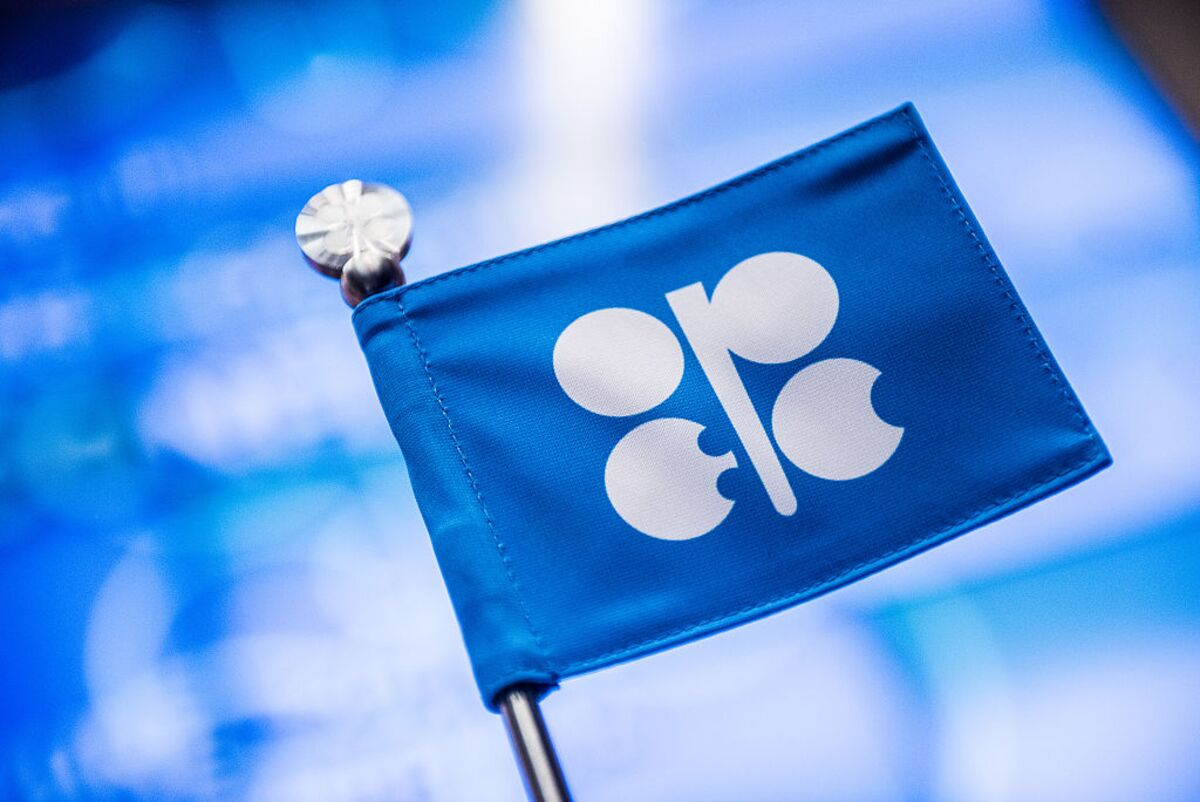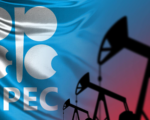OPEC+, the global oil alliance, has postponed its upcoming meeting to discuss future oil production strategies until December 5, sources familiar with the matter told CNBC. The meeting, initially set for December 1, will now take place virtually.
Delayed Decision on Production Cuts
The OPEC+ coalition, which includes the Organization of the Petroleum Exporting Countries (OPEC) and its allies, is currently managing multiple production cuts in response to unpredictable global oil demand. The group’s formal output strategy aims to limit production to 39.725 million barrels per day (bpd) into 2025. In addition, eight members have committed to reducing production by 1.7 million bpd voluntarily, with a second round of cuts of 2.2 million bpd set to end in December.
The rescheduling of the meeting is reportedly due to the attendance of key member ministers at the Gulf Summit in Kuwait City on December 1.
Impact of Geopolitical Factors and Price Pressures
The question of whether to extend the second set of 2.2 million bpd cuts remains uncertain. Global oil prices have been under pressure recently, partially due to the implementation of a ceasefire between Israel and Lebanon, which has lessened the risk of oil production disruptions in the Middle East.
Further complicating matters is the ongoing conflict involving Iran, a key OPEC member, which has been engaged in hostilities with Israel and supporting militant groups in the region. Markets are particularly concerned about the potential impact on Iran’s oil infrastructure.
As of the morning of the meeting delay announcement, the price of Brent crude was trading at $72.68 per barrel, a slight decrease of 0.2%. Meanwhile, U.S. WTI crude futures for January delivery were at $68.58 per barrel, also down by 0.2%.
Uncertainty Surrounding U.S. Policy
Adding to the uncertainty in the global oil market is the anticipated return of President-elect Donald Trump in January. Trump has historically promoted a “drill, baby, drill” policy, encouraging increased U.S. oil production. He has also pursued aggressive sanctions against Iran, which could further complicate Tehran’s oil exports, especially to China, the world’s largest crude importer.













